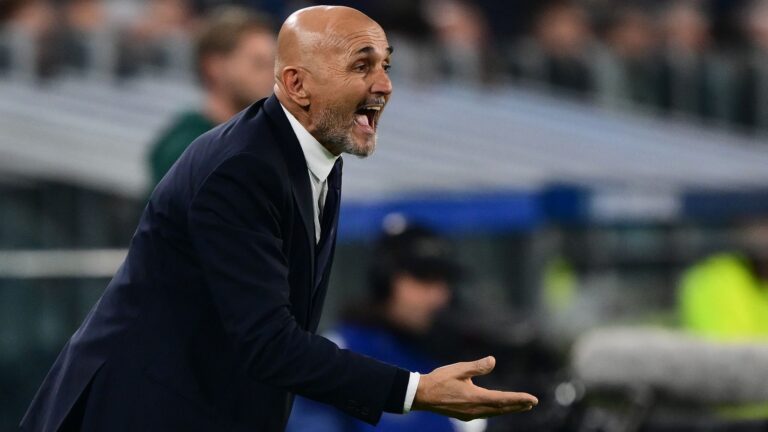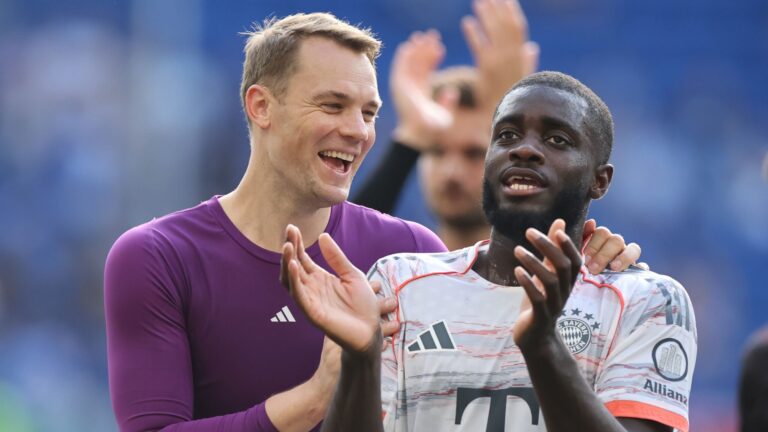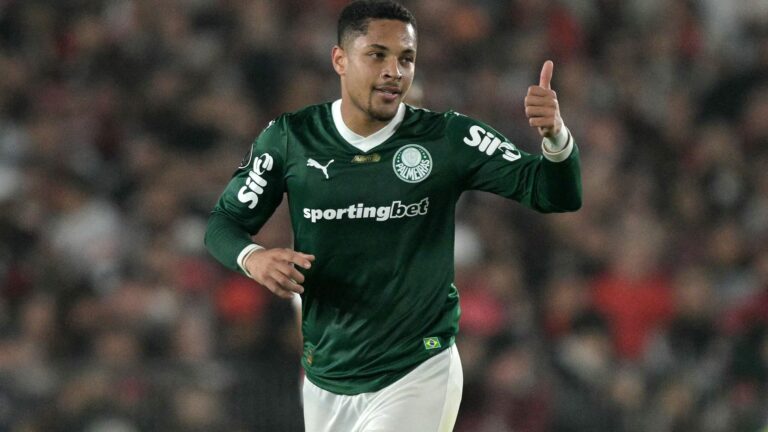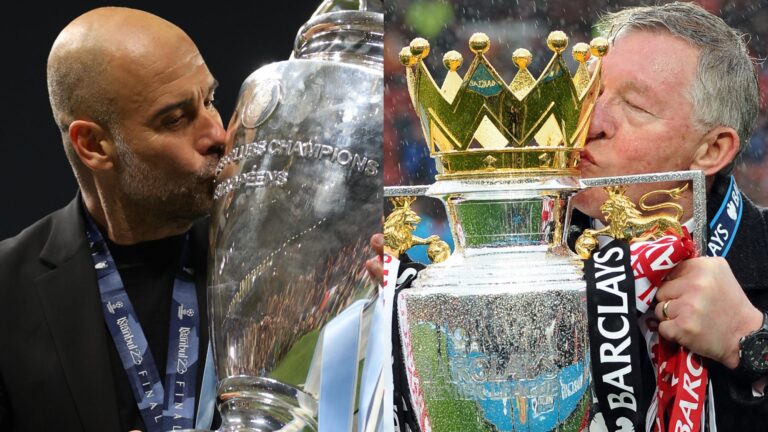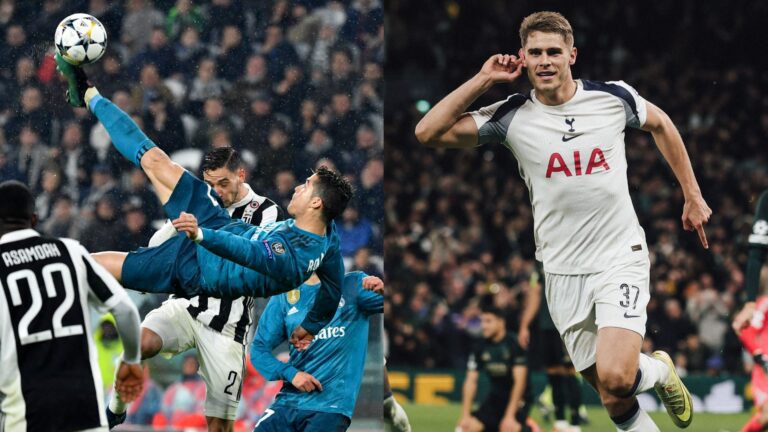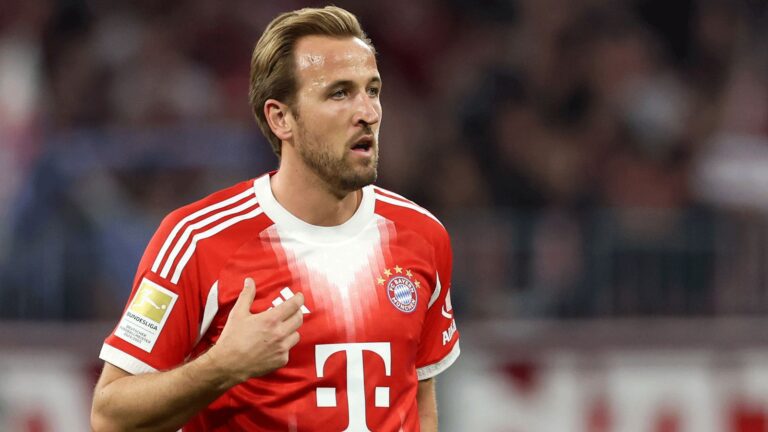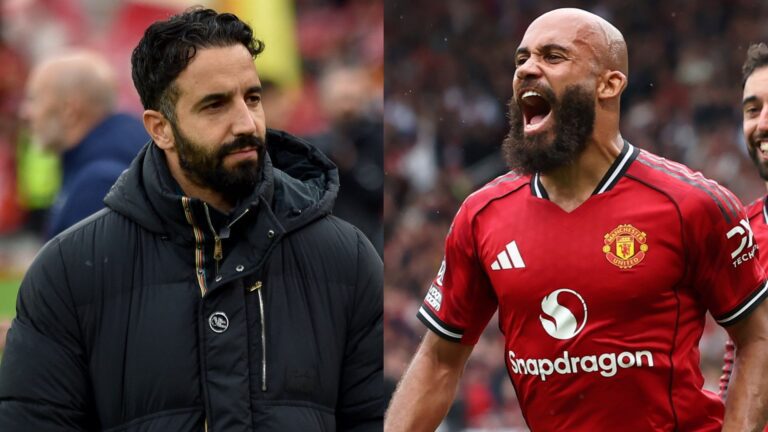Manchester United Faces Major Academy Setback with Fedorenko’s Exit
Manchester United and its youth academy are at a crossroads as key personnel departures reshape the club’s future. In a development that has surprised many in the football world, the exit of a pivotal figure behind the team’s emerging talents signals ongoing transformations at the heart of the Red Devils’ operations.
Background of the Academy Overhaul and Fedorenko’s Role
Early Involvement and Reforms at Manchester United
Fedorenko joined the ranks at Manchester United back in 2017, stepping into a comprehensive internal restructuring effort dubbed Project Bethlehem. This effort aimed to revitalize an academy system that had drawn scrutiny for lagging behind competitors like Manchester City and Chelsea in the Premier League. With roots as a former youth player at Barnsley, Fedorenko built his expertise in talent spotting starting at Sheffield United, where he earned acclaim for unearthing promising young athletes. Upon arriving at United, his primary objective was to reconstruct and sharpen the club’s approach to scouting and development from its core foundations.
Adapting to New Challenges in Talent Acquisition
After the Brexit changes, Fedorenko was instrumental in redirecting the club’s focus toward nurturing local and home-based talents, aiding United in navigating the evolving landscape of English football transfers. His strategy merged classic in-person scouting methods with advanced tools like data analysis and digital video evaluations, fundamentally altering the way the Red Devils pinpointed and cultivated future stars. This innovative blend helped ensure the club’s long-term viability in a competitive environment.
Building a Lasting Talent Pipeline and Key Achievements
Sustainable Strategies and Financial Benefits
Far from merely recruiting adolescents with potential, Fedorenko’s vision centered on establishing a robust pathway for player growth that aligned with regulations such as Financial Fair Play and Profit and Sustainability Rules. His contributions have played a direct role in generating more than £200 million (about $269 million) through the transfer of academy products, providing vital revenue streams for the club. In terms of on-field success, numerous young players have thrived under his influence, such as Chido Obi, who set a record as the youngest to feature for the academy, and Ayden Heaven, a notable addition to the roster.
Highlighting Standout Youth Prospects
Under Fedorenko’s guidance, several high-potential recruits joined United’s youth program, including JJ Gabriel, Bendito Mantato, and Jayden Kamason. Kamason stands out as the initial graduate from United’s Talent Development Initiative to secure a full professional contract, underscoring the effectiveness of the frameworks Fedorenko helped establish.
Ongoing Transitions at Manchester United’s Training Facility
Wave of Leadership Shifts
Fedorenko’s leaving contributes to a series of organizational adjustments at the Carrington complex for Manchester United. His close associate, Nick Cox, who initially recruited him from Sheffield United, has moved on to serve as technical director at Everton. Now, with Cox’s successor, Steven Torpey-from Brentford-settling in, the responsibility falls to him to form a new management group. Although United made significant attempts to retain Fedorenko, the appeal of exploring opportunities beyond the club’s established structure ultimately swayed his decision.
Additional Exits in the Background Team
The series of transitions extends further; Paul Brand, who led performance analysis for United, has taken up a position at UEFA. He remained in his role until his successor, Ben Parker, previously with Southampton, began on October 6.
The Key Figure Behind JJ Gabriel’s Signing at Manchester United
Background on Manchester United’s Academy Executive
Manchester United has long been renowned for its world-class youth academy, often called the “Busby Babes” legacy, which has produced football stars like David Beckham and Marcus Rashford. At the heart of this system is the academy executive, a pivotal role responsible for scouting, negotiating, and securing promising talents to bolster the club’s future. In this case, the executive in question played a crucial part in the signing of JJ Gabriel, a highly touted young forward whose potential has been compared to rising stars in European football.
This executive’s contributions extended beyond mere signings; they involved strategic planning for Manchester United’s youth development pipeline. By facilitating deals like the one for JJ Gabriel, the executive helped maintain the club’s competitive edge in the Premier League and beyond. However, recent developments indicate that despite intensive retention efforts, such as enhanced contract offers and role expansions, this key figure is set to leave the club. This shift highlights the challenges Manchester United faces in retaining top talent management personnel amid growing competition from rival clubs.
Who is JJ Gabriel and Why Does He Matter?
JJ Gabriel, a 17-year-old winger with exceptional speed and dribbling skills, was signed to Manchester United’s academy amid high expectations for his impact on the team’s attacking line. His recruitment was a textbook example of effective talent scouting, where the academy executive identified Gabriel’s abilities early, negotiating his move from a lower-league club in Europe. This signing not only added depth to Manchester United’s roster but also symbolized the club’s commitment to investing in youth development for long-term success.
Gabriel’s rise has been swift, with youth team performances drawing comparisons to academy graduates who have gone on to shine in the first team. The executive’s role in this process underscores the importance of behind-the-scenes work in football academies, where identifying and nurturing talents like Gabriel can lead to significant on-pitch results. Unfortunately, with the executive’s impending departure, questions arise about how Manchester United will continue to attract similar promising talents in a market saturated with clubs offering lucrative youth programs.
Reasons for the Executive’s Departure Despite Retention Efforts
Retention efforts for the academy executive reportedly included salary increases, leadership opportunities, and even personalized development plans, yet these were not enough to prevent the exit. Common factors in such cases often include better offers from competitors, like clubs in the Premier League or abroad, where executives are lured by more resources or innovative youth strategies. For Manchester United, this loss could stem from internal restructuring or the high-pressure environment at Old Trafford, which sometimes leads to burnout.
In football circles, executive departures are frequently linked to broader industry trends, such as the globalization of talent scouting. This executive might have been approached by clubs with more advanced data-driven approaches to youth recruitment, making the move appealing despite Manchester United’s storied history.
Impact on Manchester United’s Academy and Youth Development
The departure of this key academy executive could disrupt Manchester United’s youth pipeline, potentially affecting future signings similar to JJ Gabriel’s. Without experienced leadership, the club might face delays in identifying emerging talents, which is critical in a league where youth development directly influences transfer market value and on-field performance.
- Short-term effects: Immediate challenges could include stalled negotiations for new prospects and a dip in academy morale.
- Long-term implications: Manchester United risks falling behind rivals like Manchester City or Liverpool, who have invested heavily in robust academy systems.
- Opportunities for adaptation: This could prompt the club to innovate, perhaps by integrating technology like AI scouting tools to enhance their processes.
Case Studies of Similar Executive Losses in Football
Looking at other football clubs provides valuable lessons on handling such transitions. For instance, when a key academy director left Arsenal a few years ago, it initially hampered their youth signings, but the club rebounded by promoting internal talent and revising their scouting network. Similarly, Chelsea’s experience with executive turnover showed how rapid changes can lead to a influx of new ideas, ultimately strengthening their academy output.
In one case study from a prominent European club, the loss of a scouting head resulted in a temporary decline in talent acquisition, but it also led to a more diverse recruitment strategy that incorporated global markets. These examples illustrate that while departures are setbacks, they can catalyze positive reforms if managed well.
Benefits of Strong Youth Development Strategies
Focusing on youth development offers numerous benefits for clubs like Manchester United, including cost-effective talent pipelines and enhanced brand reputation. By prioritizing academy programs, teams can reduce reliance on expensive transfers, as seen with homegrown stars who often become fan favorites and command higher fees if sold.
- Financial advantages: Developing talents like JJ Gabriel can yield high returns through sales or first-team promotions.
- Team cohesion: Academy graduates tend to embody club culture, fostering unity on and off the pitch.
- Sustainability: In an era of financial fair play regulations, strong youth systems ensure long-term competitiveness.
Practical Tips for Retaining Key Personnel in Sports Academies
To prevent similar losses, football clubs can adopt several practical strategies. Start by offering competitive packages that include not just salary but also professional growth opportunities, such as international scouting trips or leadership training. Regular feedback sessions can help address concerns early, ensuring executives feel valued.
- Build a supportive environment: Encourage work-life balance to reduce turnover from stress.
- Leverage technology: Use data analytics to demonstrate the executive’s impact, making them more invested in the role.
- Foster internal promotion: Develop succession plans so key roles have ready replacements, minimizing disruption.
First-hand experiences from industry insiders suggest that personal relationships play a big role; clubs that maintain open communication often retain talent longer. For Manchester United, implementing these tips could safeguard their academy’s future and continue attracting promising talents like JJ Gabriel.
In summary of these elements, the potential loss of this academy executive serves as a reminder of the delicate balance in football’s talent management landscape, emphasizing the need for adaptive strategies to keep Manchester United at the forefront of youth development.


